Do you ever feel disturbed by never-ending intrusive and distressing thoughts? Do you feel trapped in a loop of obsessive thoughts that invade your mind? Thoughts that affect your mental peace and keep you from enjoying the present moment? If yes, then it’s time you find out how to control obsessive thoughts.
Obsessive thoughts can be persistent, overwhelming, and exhausting. So let’s explore what are obsessive thoughts, their signs, their causes, and most importantly, effective strategies to gain control over them.
So, let’s embark on a journey of self-discovery and learn how to tame the wild horses of our minds.
What are Obsessive Thoughts?
Obsessive thoughts are recurring, intrusive, and unwanted thoughts that can create anxiety and distress. They often manifest as irrational fears, doubts, or disturbing mental images.
These thoughts tend to be repetitive, causing a loop of rumination that can disrupt daily life and impact overall well-being. “Intrusive thoughts are unpleasant but familiar visitors to the minds of most adults,” explain researchers.
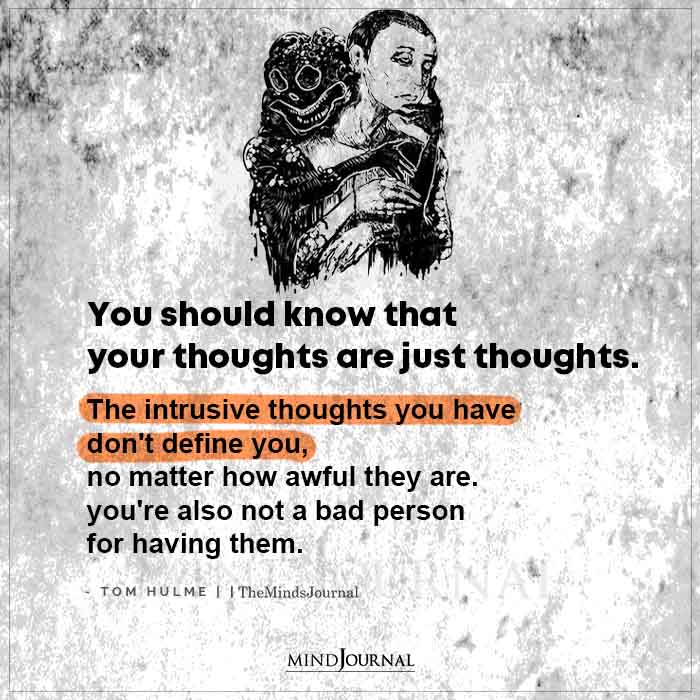
Such thoughts can include a wide range of life concerns, such as nagging worries about one’s career, the health of loved ones, romantic partner and relationship issues, sudden mishaps, or even general uncertainty about the future.
Related: 5 Truths About Intrusive Thoughts That’ll Bring Peace To Your Heart
Telltale Signs of Obsessive Thoughts
Recognizing the signs of obsessive thoughts is crucial for understanding and addressing them effectively. Some common signs include:
1. Intrusive Nature
Obsessive thoughts tend to appear involuntarily and without warning, making them difficult to control or dismiss.
2. Repetition
The thoughts often replay in the mind, cycling through the same content or theme, despite efforts to suppress or ignore them.
3. Anxiety and Distress
Obsessive thoughts can trigger intense feelings of anxiety, fear, guilt, or shame, leading to emotional turmoil.
4. Impact on Daily Life
These thoughts can interfere with concentration, productivity, relationships, and overall quality of life.
Examples of Obsessive Thoughts
Obsessive thoughts can take various forms, and while they differ from person to person, here are a few common examples:
1. Contamination Obsessions
Fear of germs, dirt, or contamination, leading to excessive hand-washing or avoidance of certain places.
2. Doubting Obsessions
Constant self-doubt, questioning past decisions, or fearing making mistakes. This is one of the most common examples of obsessive thoughts.
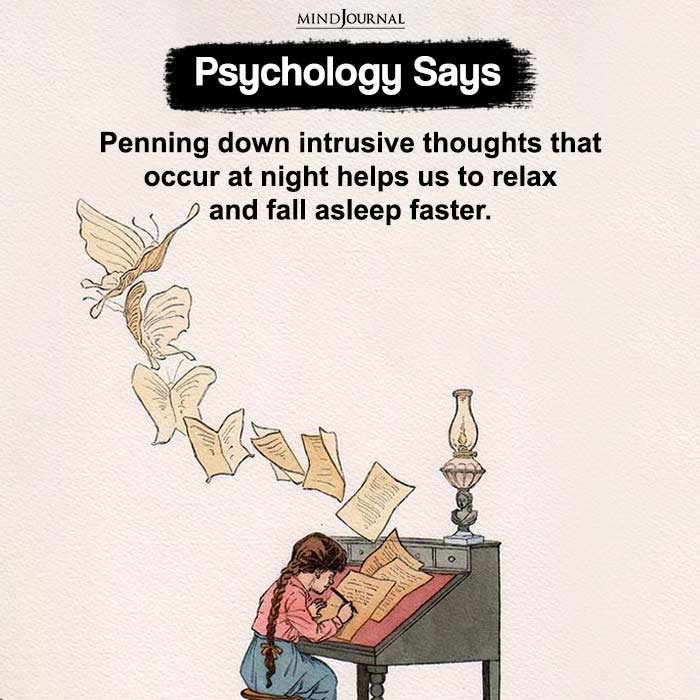
3. Intrusive Violent or Sexual Thoughts
Unwanted violent or sexual thoughts that feel out of character and cause significant distress.
Related: Intrusive Thoughts: Where They Come From and Why
4. Order and Symmetry Obsessions
The need for things to be perfectly organized or symmetrical often leads to repetitive behaviors.
5. Health Anxiety
Constant worry about having a serious illness or disease, despite reassurances from medical professionals.
What Causes Obsessive Thoughts
Before we can delve into the tips on how to control obsessive thoughts, let us learn about exactly what causes obsessive thoughts as it can empower us to deal with ourselves better.
While the exact causes of obsessive thoughts are not fully understood, several factors may contribute to their development:
1. Genetic Predisposition
Research suggests that certain genetic factors may increase the likelihood of developing obsessive thoughts.
2. Brain Chemistry
Imbalances in brain chemicals, such as serotonin, dopamine, or glutamate, may play a role in the emergence of obsessive thoughts.
3. Traumatic Life Events
Trauma or significant life stressors can trigger obsessive thoughts as a coping mechanism or a way to regain control.
4. Cognitive Patterns
Certain thinking patterns, such as perfectionism or excessive worry, can contribute to the development of obsessive thoughts.
How to Control Obsessive Thoughts
Now that we have explored what are obsessive thoughts and what causes obsessive thoughts, let’s dive into practical strategies to regain control over them:
1. Recognize and Accept
Start by acknowledging that the thoughts you are experiencing are obsessive and not a true reflection of reality. Accept that these thoughts are intrusive and do not define your character or intentions.
2. Mindfulness and Meditation
Engage in mindfulness practices and meditation to cultivate awareness of the present moment. By focusing on the here and now, you can redirect your attention away from obsessive thoughts and reduce their power over you.
3. Challenge the Thoughts
Question the validity of your obsessive thoughts. Ask yourself if there is evidence to support them or if they are based on irrational fears. Challenge their logic, and consider alternative perspectives or more balanced interpretations.
4. Cognitive Behavioral Therapy (CBT)
CBT is a highly effective therapeutic approach for managing obsessive thoughts. It helps identify and challenge negative thought patterns, replacing them with more constructive and realistic thinking.
5. Exposure and Response Prevention (ERP)
ERP is a specific technique commonly used in the treatment of obsessive-compulsive disorder (OCD). It involves gradually exposing yourself to situations that trigger obsessive thoughts and refraining from engaging in the associated compulsive behaviors.
6. Create a Supportive Environment
Surround yourself with a supportive network of friends, family, or professionals who can offer understanding, encouragement, and guidance in managing obsessive thoughts. Sharing your experiences with trusted individuals can alleviate the burden and provide valuable perspectives.
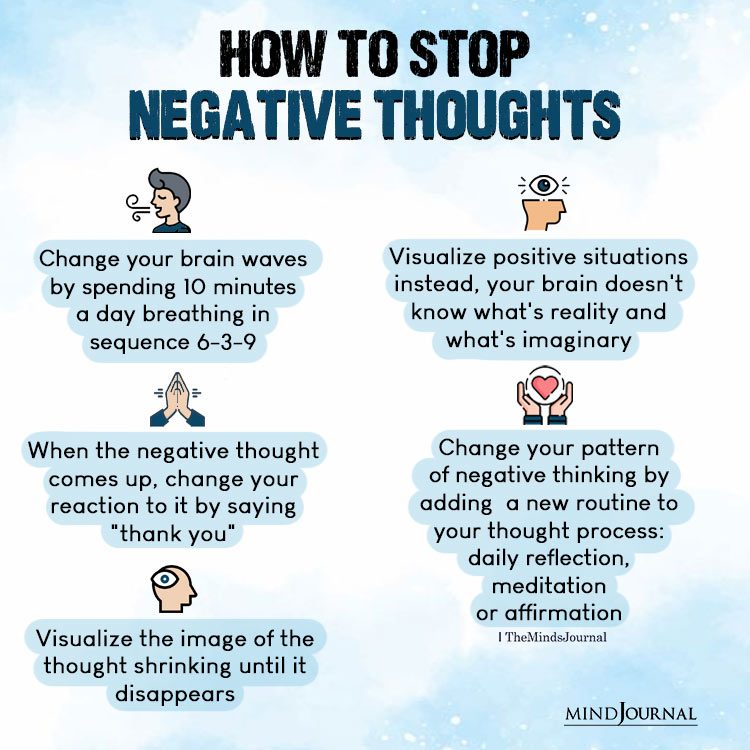
7. Self-Care and Stress Management
Prioritize self-care activities that promote relaxation, such as exercise, proper sleep, and engaging in hobbies or interests. Manage stress through techniques like deep breathing, journaling, or engaging in activities that bring joy and peace.
Related: Intrusive Thoughts and Feelings with High Anxiety
Takeaway
Learning how to control obsessive thoughts is a process that requires you to be patient, mindful, and self-compassionate. By following the tips shared above, you can regain control over your mind and live a more fulfilling life free from the shackles of obsessive thoughts.
Remember, you are not defined by your thoughts, and with dedication and perseverance, you can master the art of mindful thinking and embrace a brighter future.
So, embark on this journey of self-discovery, embrace the power within you, and reclaim control over your mind. Your thoughts are just thoughts, and you have the power to choose how they influence your life.
Let go of the past, embrace the present, and step into a future where your mind is a sanctuary of peace and serenity.
Frequently Asked Questions (FAQs):
How to stop obsessive thinking?
Shift focus, practice mindfulness, and seek support to break the cycle of obsessive thinking and find inner peace.
How do you cure obsessive thoughts?
Seek therapy, use cognitive-behavioral techniques, and cultivate mindfulness to alleviate obsessive thoughts and regain mental clarity.
How do I clear my mind of obsessive thoughts?
Practice mindfulness, challenge irrational beliefs, and engage in relaxing activities to quiet the mind and reduce obsessive thoughts.


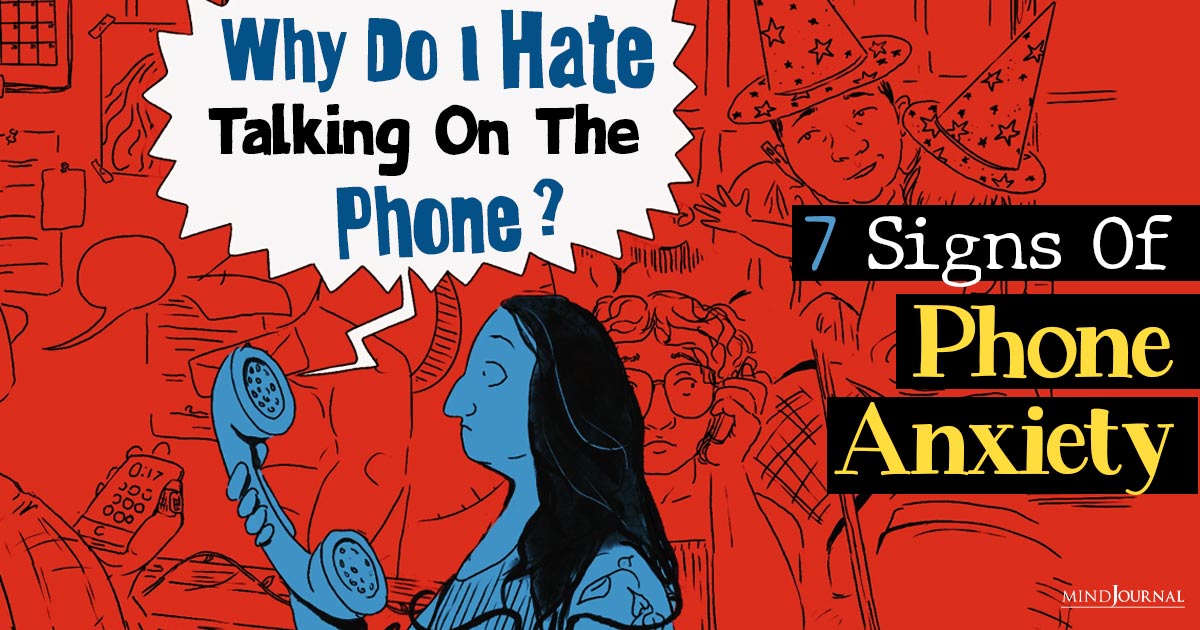
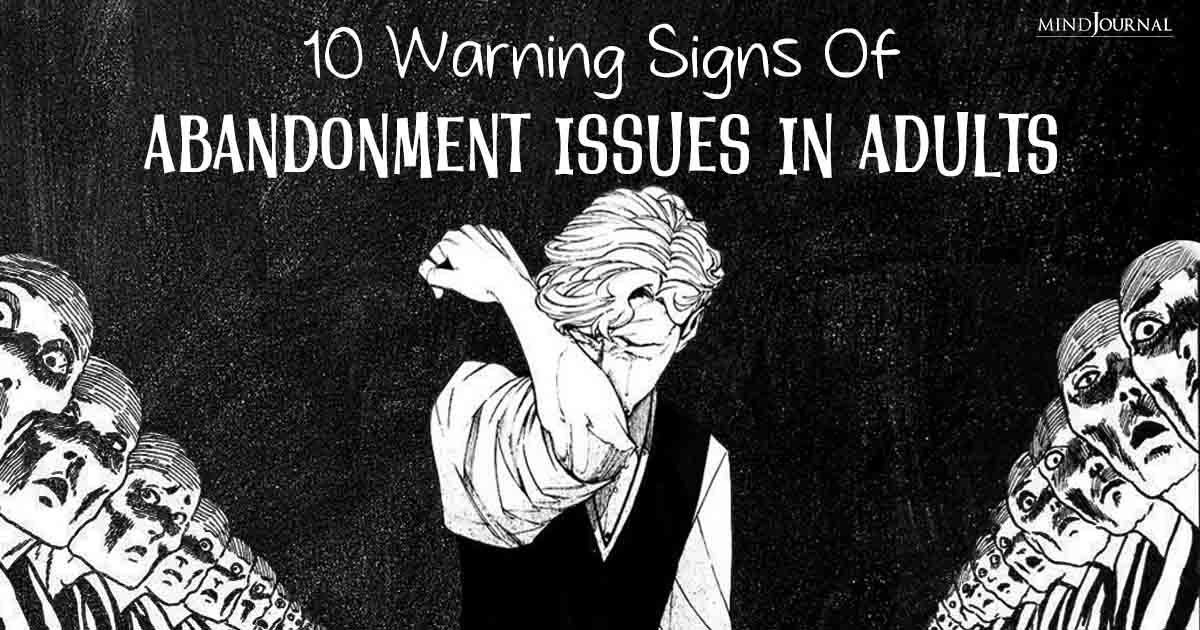

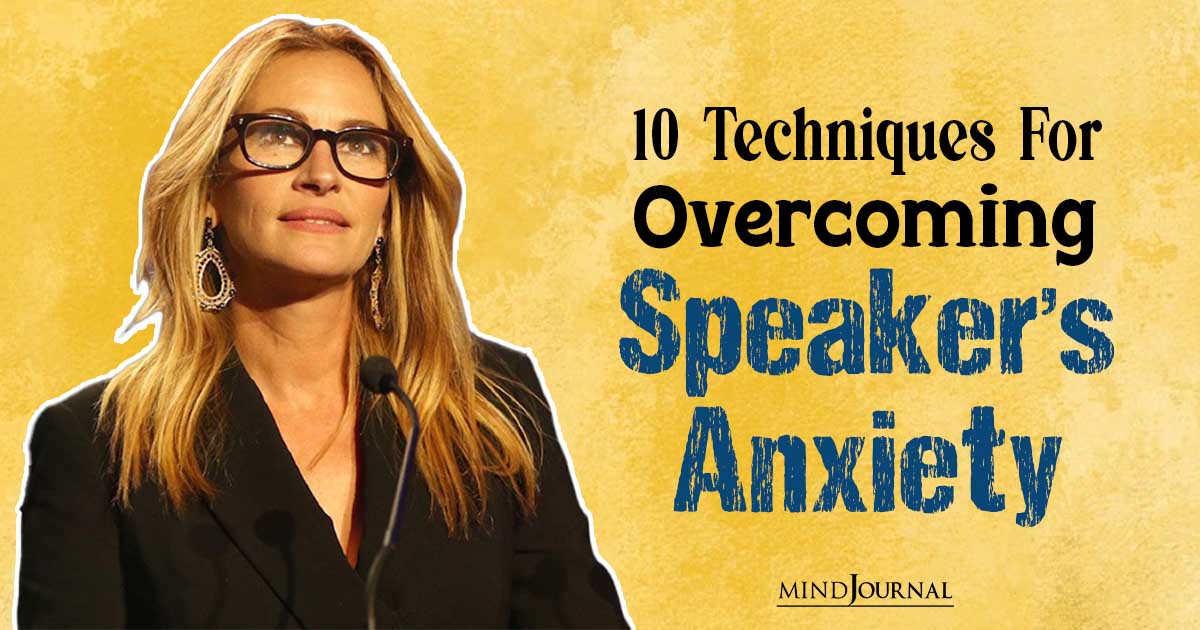

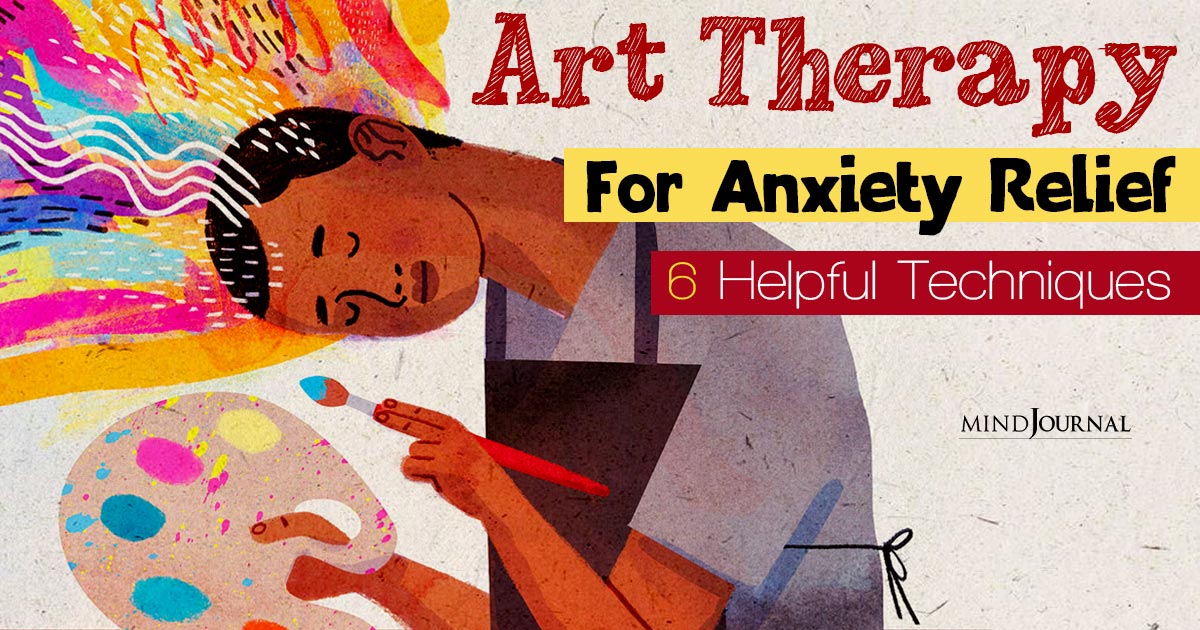

Leave a Reply
You must be logged in to post a comment.